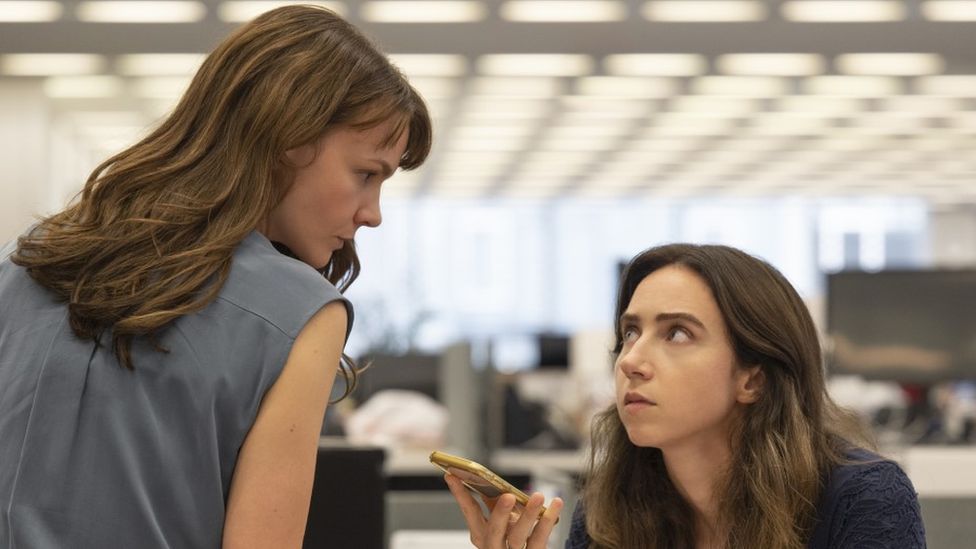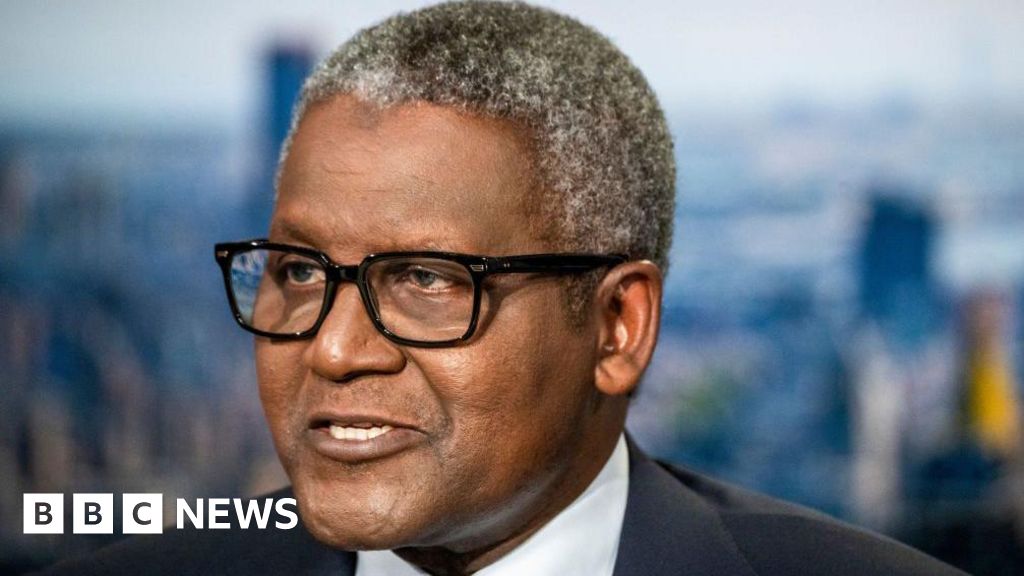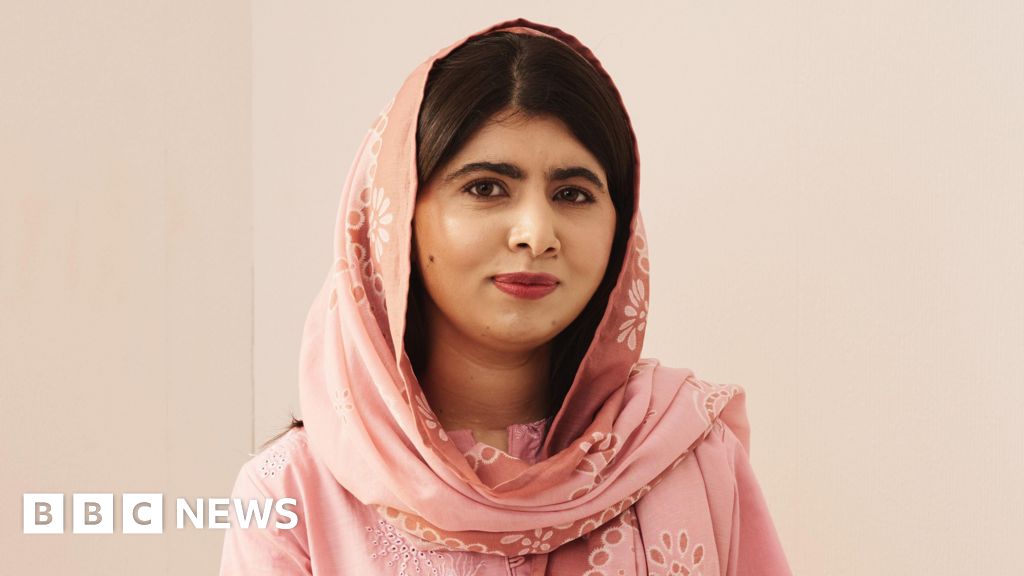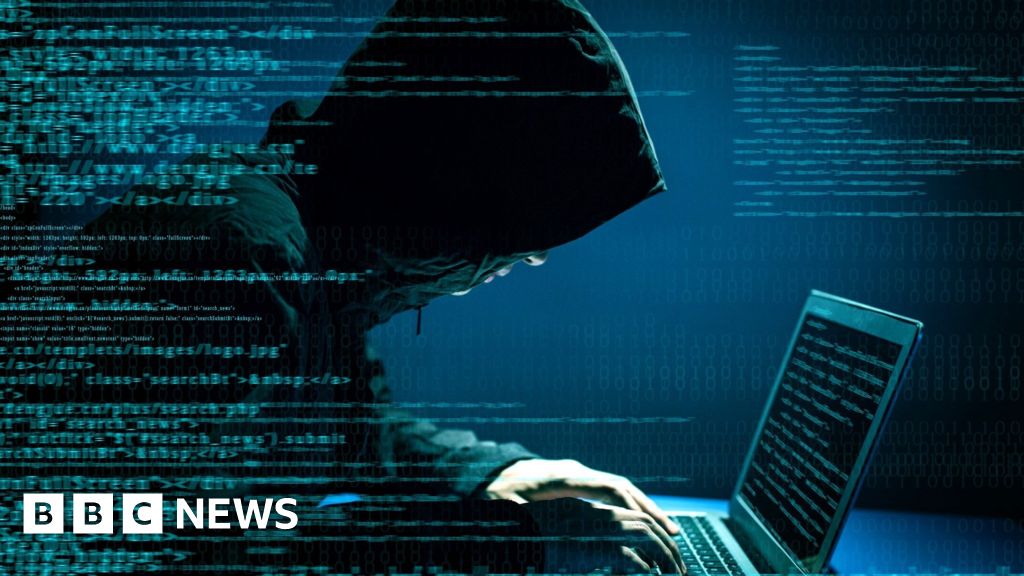ARTICLE AD BOX
 Image source, Universal
Image source, Universal
Carey Mulligan and Zoe Kazan in She Said, which tells the story of the New York Times investigation into Harvey Weinstein
By Lizo Mzimba
Entertainment correspondent
On 5 October 2017, the New York Times published a story alleging decades of abusive behaviour by Harvey Weinstein. At the time, the film producer was considered one of the most powerful men in Hollywood.
She Said follows the long and painstaking investigation by journalists Jodi Kantor and Megan Twohey, which helped to amplify the existing #MeToo movement.
Playing real-life figures in films always carries a level of sensitivity. But, with this kind of subject matter, that feeling was even greater with respect to both the journalists and the multiple women who accused Weinstein.
"[I felt] a huge amount of responsibility towards the subjects of the film and towards everyone who contributed to the original story," says Carey Mulligan who plays Twohey.
"The fact that it was these two women, with a collection of incredibly courageous survivors and witnesses, that ran this story that really changed the world. I think that deserved a place in history.
"I loved the idea of being able to cement that in people's minds that it was Megan and Jodi and incredible survivors and witnesses who made this possible."
Image source, EPA
Image caption,In 2020, Weinstein was convicted on charges of rape and criminal sexual acts, and was sentenced to 23 years in prison
"We felt this enormous responsibility to tell the story conscientiously," adds Zoe Kazan, who plays Kantor. The actress is equally keen that the courage of the women and the tenacity of the journalists should gain wide recognition.
"Right now. It feels like an inevitability that Harvey Weinstein would be brought down because of his behaviour. But in 2017 when they were putting the story together [it] was anything but."
She Said has been talked about as a potential Oscar contender in the tradition of other films about investigative journalism such as All The President's Men and Spotlight.
But the film, which is directed by Maria Schrader, has received mixed reviews from critics. The Telegraph's Robbie Collin awarded the film two stars. "Good journalism doesn't necessarily make for gripping cinema," he wrote, adding that She Said "smacks, at times, of an HR investigation in cinematic form".
The Evening Standard's Charlotte O'Sullivan was more positive, describing the film as as a "marvel" in her four-star review. "It's not smug or preachy and gives space to the non-glamorous figures," she wrote. "Excellent performances bring out the best in this David and Goliath story that reverberated around the world."
However, the film had an extremely disappointing opening weekend in the US, earning only $2.2m (£1.9). Variety called the box office takings "dismal", adding that She Said "ranks as one of the worst results for a major studio release in history".
The film might well be another example of the growing disparity between audiences and awards voters.
Image source, Reuters
Image caption,Journalists Jodi Kantor and Meghan Twohey's investigation amplified the #MeToo movement
The film depicts the "responsibility" the journalists felt in breaking such a ground-breaking story. Kantor recalls the tension as she and Twohey prepared it for publication.
"People who are vulnerable are entrusting you with these stories and you're just terrified of making a mistake," she says. "And then you know, once we saw the impact that the story was having, we felt even more responsibility because the stakes just kept going up.
"After we published women all around the world start coming forward and we're looking at it going, 'oh my God'. The stakes are even higher than we knew."
Image source, Universal
Image caption,Zoe Kazan plays Jodi Kantor in the film, which is being talked about as a potential Oscar contender
"In those first hours and days after the story was published, our emails and our phones were flooded with other women who were coming forward with their own stories of abuse and harassment," remembers Twohey. "And not just in Hollywood but in all different professions, from all different walks of life.
"And to watch the #MeToo movement go viral, and for so many survivors to take to social media to share their own stories was just incredible to observe. A really, really significant cultural shift that Jodi and I could feel almost immediately."
At the time, the impact of #MeToo felt huge and immediate. Weinstein, who has consistently denied any non-consensual sexual contact, was convicted in a trial in New York. He's currently on trial in Los Angeles and is also facing charges in the UK.
But there have been questions about whether there would be more widespread and lasting change. Kazan says that, in the film industry, there has been.
"There are undeniable changes," she says. "I mean really concrete things like having an intimacy coordinator on set for any scene that requires that kind of work."
"That said, we have so we have so far to go and I think that one of the reasons to make a film like this is to show how change happens. And that it happens incrementally and with a tremendous amount of work and and a tremendous amount of bravery behind it."
Image source, Universal
Image caption,Carey Mulligan, who previously starred in An Education and Promising Young Woman, plays journalist Megan Twohey
Mulligan is hopeful that this film can be a significant part of continuing evolution.
Speaking before the film opening, she says: "From my layman's perspective, the most important impact, thus far, of the #MeToo movement being propelled by the story is the channels of communication that have been opened up for people to talk about things. For men and women to talk about experiences like this and I think it wasn't possible in the same way five years ago.
"And I think that can only be a positive step in continuing this conversation. I don't know if films can change the world. But I do think art plays a part, and telling a story in a different way that perhaps is accessible to people is a part of it."
She Said opens in UK cinemas on Friday.

 1 year ago
14
1 year ago
14








 English (US)
English (US)